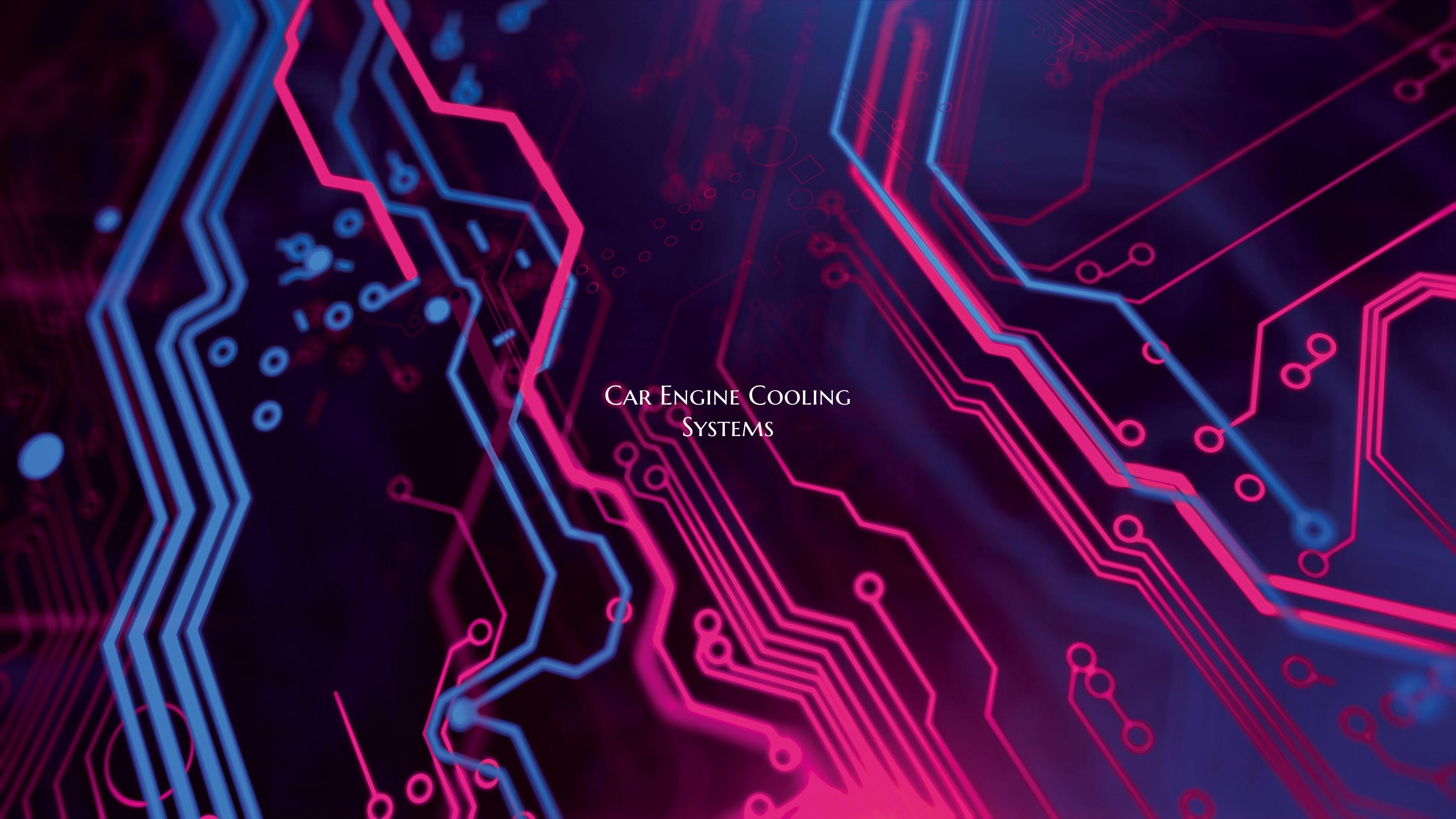Car Engine Cooling Systems
Car Engine Cooling Systems
The car engine cooling system is a crucial component of a vehicle that helps regulate the temperature of the engine to ensure optimal performance and prevent overheating. This system consists of various parts that work together to dissipate excess heat generated during the combustion process. Understanding how the cooling system works can help drivers maintain their vehicles and prevent costly repairs.
One of the primary components of the cooling system is the radiator, which is responsible for transferring heat away from the engine. Coolant, typically a mixture of water and antifreeze, circulates through the engine, absorbing heat, and then flows into the radiator. The radiator then uses airflow, either through natural convection or aided by a fan, to cool down the coolant before it is recirculated back to the engine.
The water pump is another critical part of the cooling system, as it circulates the coolant throughout the engine and radiator. By continuously moving the coolant, the water pump helps regulate the engine's temperature and prevents it from overheating. It is essential to regularly inspect the water pump for any signs of leaks or malfunctions to ensure the proper functioning of the cooling system.
Additionally, the thermostat plays a vital role in regulating the temperature of the engine. The thermostat controls the flow of coolant to the radiator based on the engine's temperature. When the engine is cold, the thermostat remains closed to allow it to warm up quickly. Once the engine reaches the optimal temperature, the thermostat opens to let coolant flow to the radiator for cooling.
Regular maintenance of the car engine cooling system is crucial to optimal vehicle performance. Drivers should regularly check coolant levels, inspect for any leaks or damages to hoses, and ensure that the radiator is free of debris to prevent overheating. If any issues are detected, it is essential to address them promptly to avoid costly repairs and potential engine damage.
In conclusion, the car engine cooling system is a vital component that helps regulate the engine's temperature and prevent overheating. By understanding how the cooling system works and performing regular maintenance, drivers can ensure the longevity and performance of their vehicles. Proper care and attention to the cooling system can help avoid breakdowns and costly repairs, keeping the engine running smoothly for years to come.

